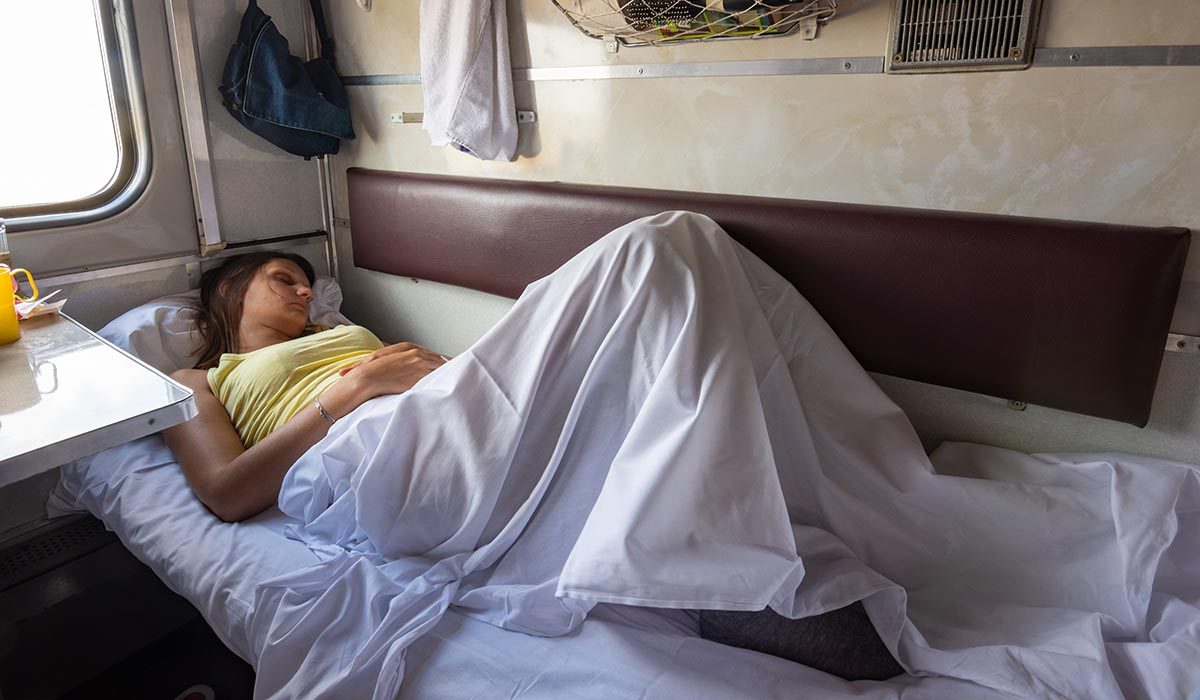I think calling it voodoo science is overstating your point. There is some evidence and discussion about the effects of increased workload and hypothermia at the end of the dive on decompression. Here's one DAN discussion:
Many factors can play a role in your outcome if you have a possibility of DCS. This chapter outlines several common risk factors.

dan.org
There are others. The hypothermia and high workload will only make the algorithm more conservative and decrease the no deco times, and you can control the degree of effect.




